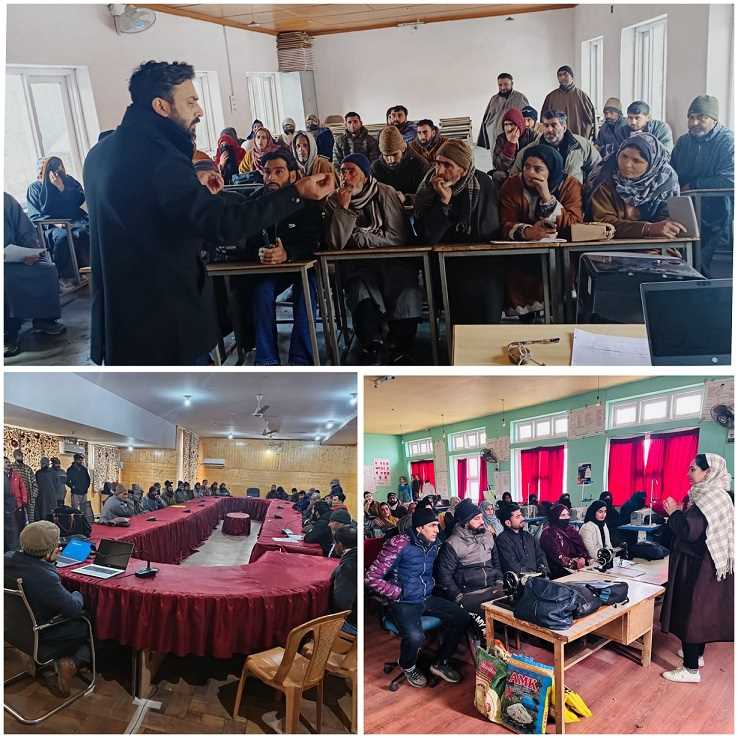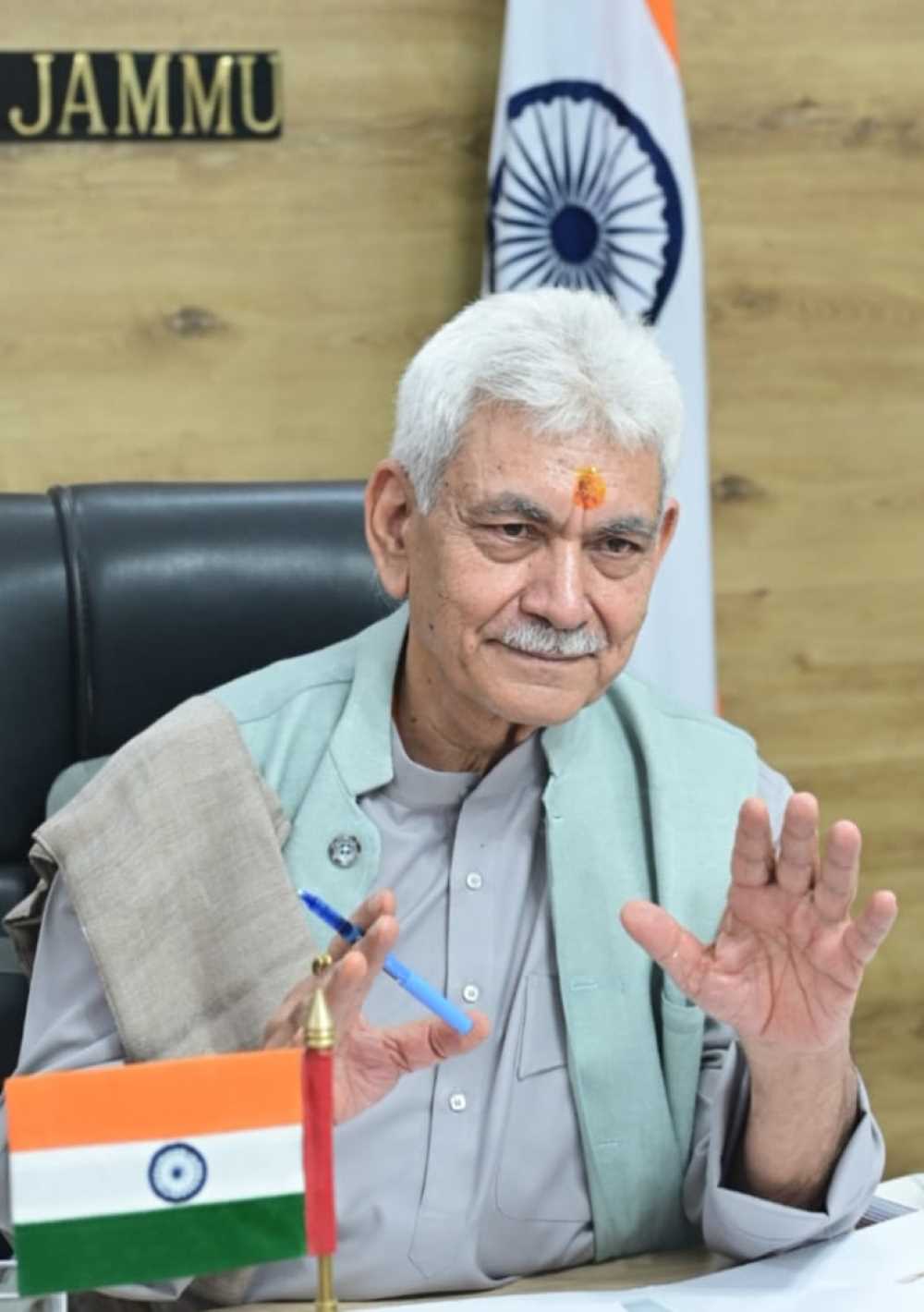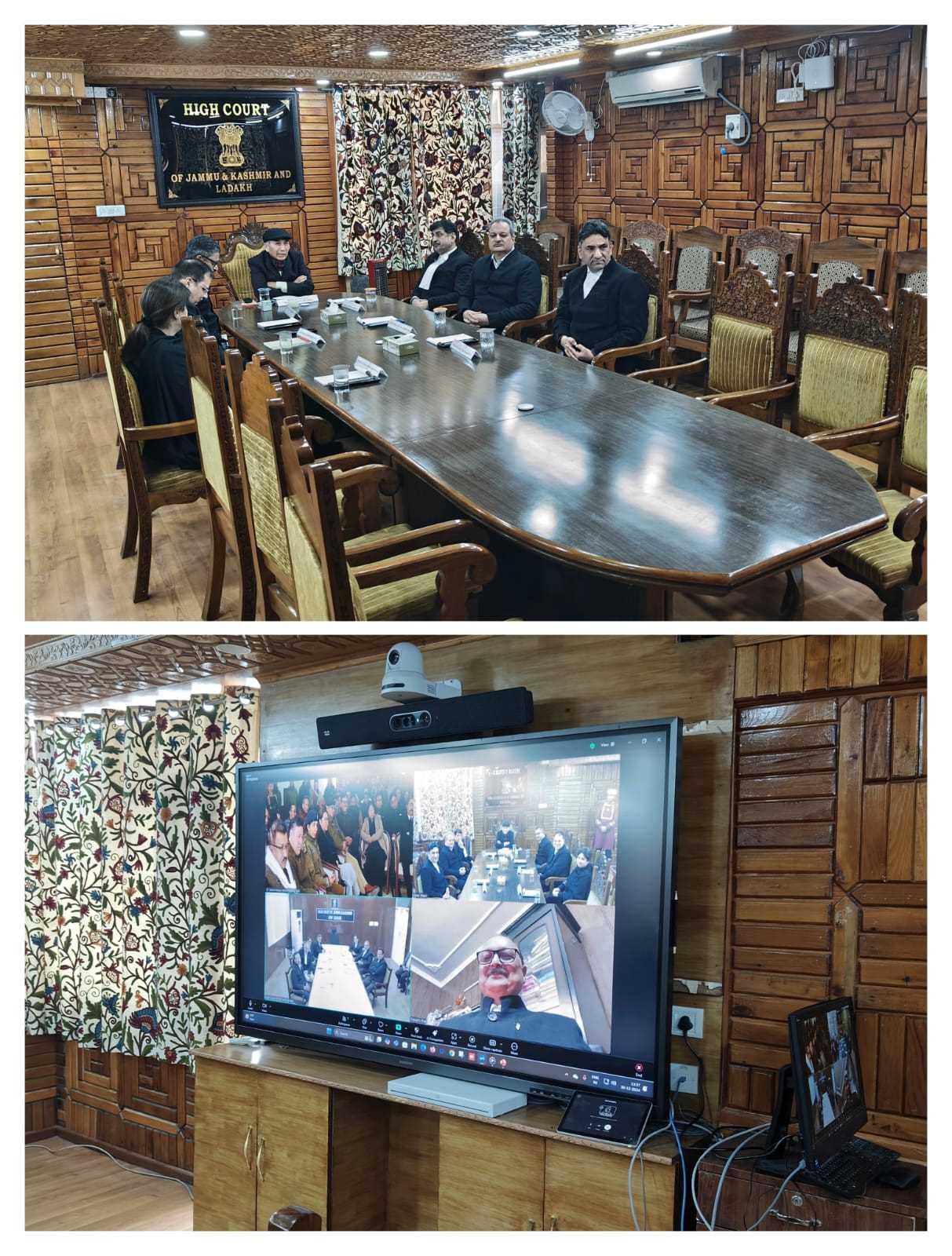
The upcoming Shanghai Cooperation Organization (SCO) Council of Heads of Governments (CHG) meeting, scheduled for October 15-16 in Islamabad, will be led by External Affairs Minister S. Jaishankar, marking a significant diplomatic moment for South Asia. While the meeting is primarily intended to further the economic and security objectives of the SCO, it also presents a unique opportunity to explore avenues for normalizing relations between India and Pakistan—two nuclear-armed neighbors whose tumultuous relationship has had lasting consequences for the region. The SCO, a multilateral organization that includes China, Russia, India, and Pakistan among its members, has always focused on promoting economic cooperation, counterterrorism, and regional stability. In the context of South Asia, however, such meetings often carry an additional, unspoken significance: the hope of thawing tensions between India and Pakistan. Relations between the two countries have been fraught with hostility for decades, driven by historical grievances, territorial disputes, and incidents of terrorism. This longstanding conflict has overshadowed the broader prospects for cooperation and integration in South Asia, depriving the region of its true economic potential. In this light, Jaishankar’s participation in the SCO meeting could serve as an icebreaker for renewed diplomatic dialogue. Although India and Pakistan have significantly reduced bilateral engagements in recent years, the presence of Indian leadership at a forum in Islamabad suggests a willingness, albeit measured, to at least engage on multilateral platforms. Both nations have a vested interest in regional stability, and the SCO, with its focus on regional cooperation, offers a platform for indirect but meaningful interaction. Normalizing relations between India and Pakistan could be transformative not just for the two countries, but for the entire South Asian region. Economic cooperation, reduced military expenditures, and collaborative efforts to combat shared threats like terrorism could greatly benefit South Asia’s development. Moreover, stability between India and Pakistan could unlock potential for more robust cooperation in infrastructure, energy, and trade. The successful implementation of regional connectivity projects—such as rail links or energy pipelines—could boost trade and create job opportunities, lifting millions out of poverty. While there are no illusions that this meeting will lead to an immediate resolution of the many issues that divide India and Pakistan, it is a step in the right direction. Diplomatic breakthroughs are often the result of incremental steps, not grand gestures. By attending the meeting in Islamabad, India signals that it remains open to constructive dialogue, even if through multilateral frameworks. In the larger interest of South Asia, this moment should be seen as an opportunity to begin normalizing relations, one that could pave the way for more fruitful cooperation in the future.



The upcoming Shanghai Cooperation Organization (SCO) Council of Heads of Governments (CHG) meeting, scheduled for October 15-16 in Islamabad, will be led by External Affairs Minister S. Jaishankar, marking a significant diplomatic moment for South Asia. While the meeting is primarily intended to further the economic and security objectives of the SCO, it also presents a unique opportunity to explore avenues for normalizing relations between India and Pakistan—two nuclear-armed neighbors whose tumultuous relationship has had lasting consequences for the region. The SCO, a multilateral organization that includes China, Russia, India, and Pakistan among its members, has always focused on promoting economic cooperation, counterterrorism, and regional stability. In the context of South Asia, however, such meetings often carry an additional, unspoken significance: the hope of thawing tensions between India and Pakistan. Relations between the two countries have been fraught with hostility for decades, driven by historical grievances, territorial disputes, and incidents of terrorism. This longstanding conflict has overshadowed the broader prospects for cooperation and integration in South Asia, depriving the region of its true economic potential. In this light, Jaishankar’s participation in the SCO meeting could serve as an icebreaker for renewed diplomatic dialogue. Although India and Pakistan have significantly reduced bilateral engagements in recent years, the presence of Indian leadership at a forum in Islamabad suggests a willingness, albeit measured, to at least engage on multilateral platforms. Both nations have a vested interest in regional stability, and the SCO, with its focus on regional cooperation, offers a platform for indirect but meaningful interaction. Normalizing relations between India and Pakistan could be transformative not just for the two countries, but for the entire South Asian region. Economic cooperation, reduced military expenditures, and collaborative efforts to combat shared threats like terrorism could greatly benefit South Asia’s development. Moreover, stability between India and Pakistan could unlock potential for more robust cooperation in infrastructure, energy, and trade. The successful implementation of regional connectivity projects—such as rail links or energy pipelines—could boost trade and create job opportunities, lifting millions out of poverty. While there are no illusions that this meeting will lead to an immediate resolution of the many issues that divide India and Pakistan, it is a step in the right direction. Diplomatic breakthroughs are often the result of incremental steps, not grand gestures. By attending the meeting in Islamabad, India signals that it remains open to constructive dialogue, even if through multilateral frameworks. In the larger interest of South Asia, this moment should be seen as an opportunity to begin normalizing relations, one that could pave the way for more fruitful cooperation in the future.
© Copyright 2023 brighterkashmir.com All Rights Reserved. Quantum Technologies